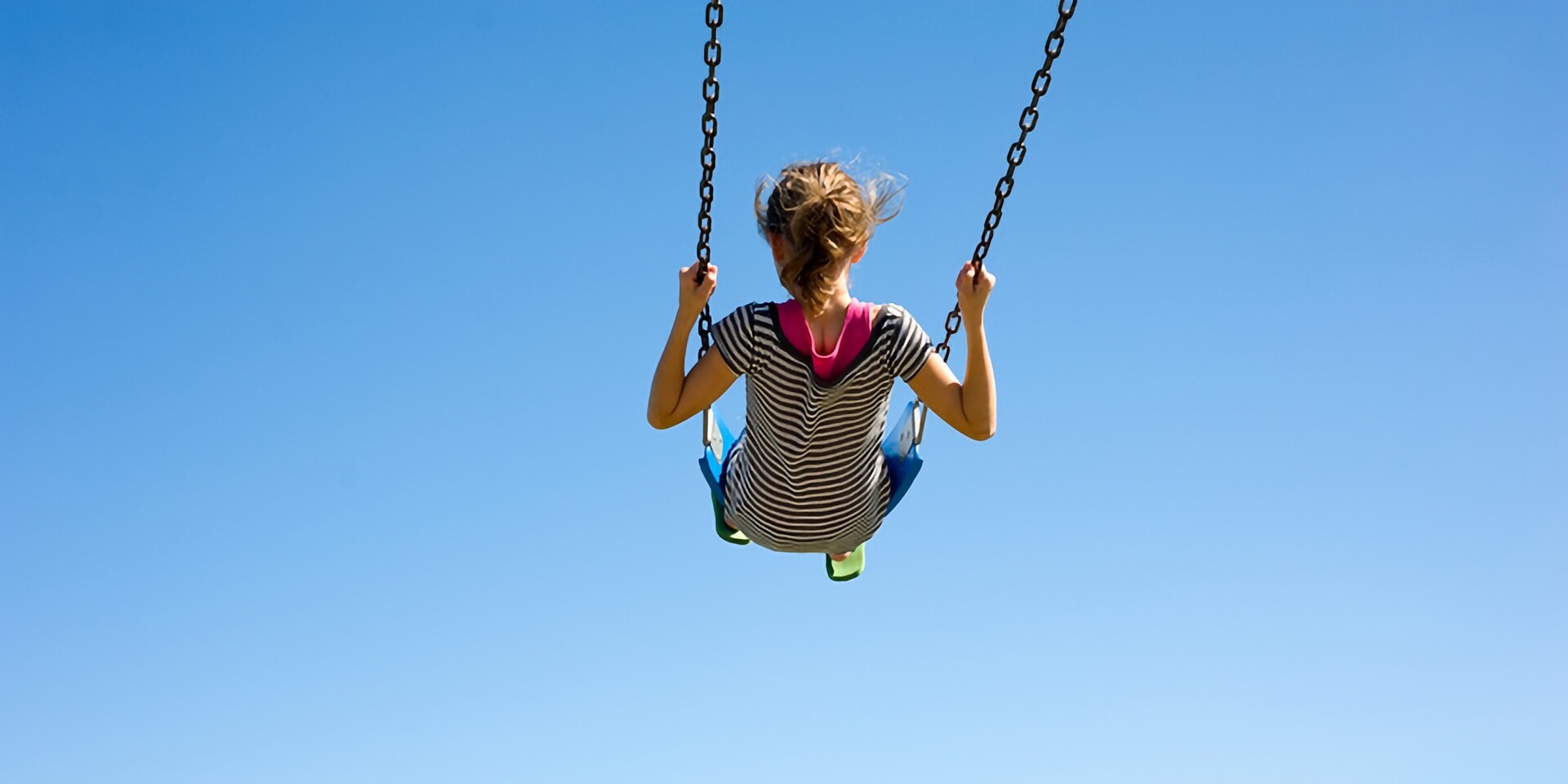Raising Your Spirited Child
Raising Your Spirited Child
A Guide for Parents whose child is more intense, sensitive, perceptive, energetic.
By Mary Sheedy-Kurcinka (1992)
Reviewed by Andrea Berenyi
Raising your spirited child is a refreshingly positive work that is both pro parent and pro child. Drawing on her experiences with her son Joshua, Mary Sheedy-Kurcinka has sought to provide a positive reframe for particularly challenging children. Seeking to understand her son, her research found that similar children were described by negative labels such as "difficult, strong willed, stubborn, or demanding". Rejecting this view Kurcinka instead coined the term "spirited". Thus acknowledging the importance of healthy language in our interactions with children, as the way we label children influences how we act and feel towards them.
Spirited children are described as those who are unusually intense, sensitive, perceptive, persistent and uncomfortable with change. Other traits that Kurcinka explores include irregularity, extreme energy levels, strong reactions to new situations and predominantly negative moods. How children rate on these traits gives a picture of their temperament. US personality research estimates that 10 to 15 per cent of all children in the USA fit the description of the spirited child.
This comprehensive guide is well written in Kurcinka's bright and friendly style. Both encouraging and empowering, it helps parents understand, live with and enjoy their spirited children. The message of progress not perfection comes through strongly. The emphasis is on win-win strategies that strengthen parent child relationships rather than attempting to change a child's temperament or personality.
Kurcinka's work is based on recent personality development research as well as long standing psychological theory. It's strength however is that it is packed with real life illustrations from parents and children who have attended her Spirited Children workshops, thus providing lots of opportunities for readers to relate to the material. As well as enhancing the readers understanding of the child's individual temperament, parents are encouraged to gain a greater self understanding. Parents can rate themselves on each of the defined temperament traits to determine areas of similarity and difference. Information on introversion and extroversion is helpful for comprehending individual needs within a family and thereby reducing conflict.
Detailed chapters on potential problem areas such as bedtime, meal times and getting dressed are useful for parents of younger children. Issues surrounding friendships, holidays and school life are addressed in depth.
Raising your spirited child is not a quick fix for problematic children. Although full of practical strategies, parents need to be highly motivated to use the material to best advantage with their child's particular needs. The detail may be overwhelming to exhausted parents on first reading. Hence the book is intended as an ongoing reference to assist parents and children through the stages and ages of childhood. Well formatted, with lots of headings and useful chapter summaries, this information is highly accessible.
This book would probably be of most benefit to parents of children under the age of ten, although parents of older children who have "survived" years with a spirited child may be interested and reassured by others experiences. Grandparents, teachers and other child carers would also find plenty of useful information in this excellent guide to raising spirited children.




